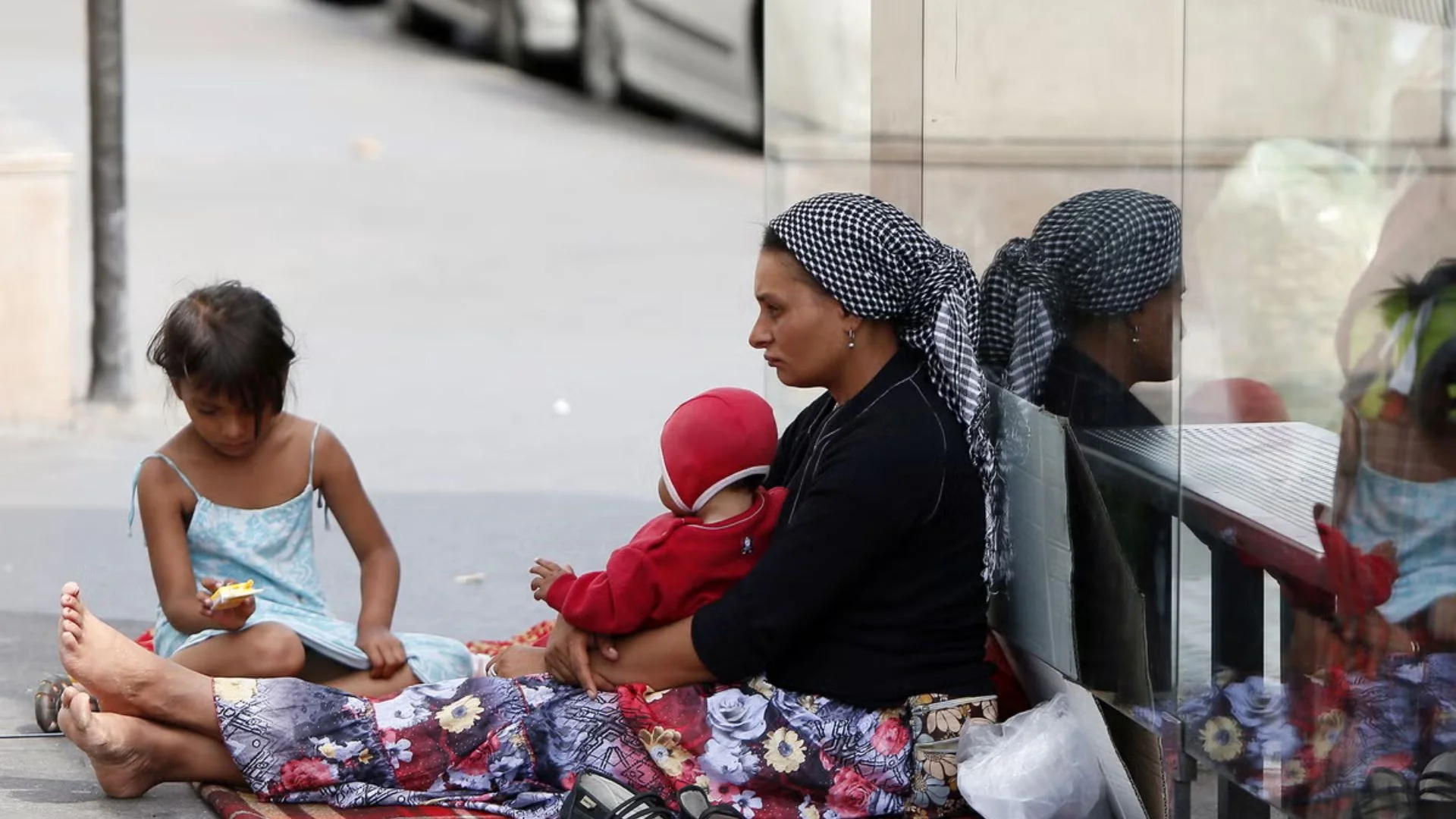Sweden is weighing the possibility of banning begging, a proposal that has drawn criticism from human rights organizations who argue that the government is attempting to “outlaw poverty.” The country’s center-right coalition, supported by the far-right Sweden Democrats, has announced an investigation into how such a ban could be implemented, with a report expected by June 2025.
Motivation Behind the Ban
At a press conference earlier this week, Linda Lindberg, leader of the Sweden Democrats, stated that begging had been uncommon in Sweden until the early 2010s when an influx of EU citizens began arriving to beg. She characterized the move as a “good measure,” claiming that the increase in begging has also correlated with a rise in organized crime. “It is not reasonable for people to travel across half of Europe to beg outside our stores,” she added. The Sweden Democrats initially campaigned on a promise to prohibit begging in the country.
Human Rights Organizations Speak Out
In response, various social welfare and human rights groups have condemned the proposal, warning that it could have harmful consequences. Stockholms Stadsmission, a Christian social organization, argued that banning begging or requiring permits would merely shift the issue and fail to address the root causes of poverty. They advocate for long-term solutions that include structural poverty reduction and initiatives to combat discrimination, emphasizing the need for societal support to facilitate pathways into employment and housing for vulnerable populations.
The proposal, under discussion since 2022, has elicited mixed reactions within the ruling coalition. Liberal MP Anna Starbrink expressed her opposition to the ban, asserting, “Measures are needed to prevent the exploitation of vulnerable people. But people in need cannot be forbidden from asking for help.”























